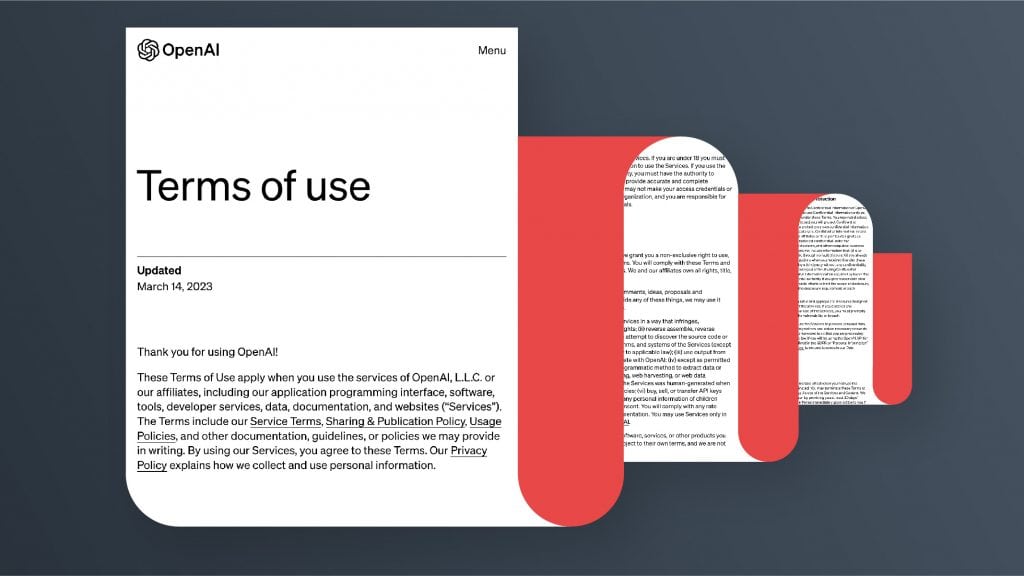Policy work
Introduction
Improving the governance of transformative technologies
The policy team at FLI works to improve national and international governance of AI. FLI has spearheaded numerous efforts to this end.
In 2017 we created the influential Asilomar AI principles, a set of governance principles signed by thousands of leading minds in AI research and industry. More recently, our 2023 open letter caused a global debate on the rightful place of AI in our societies. FLI has given testimony at the U.S. Congress, the European Parliament, and other key jurisdictions.
In the civilian domain, we advise policymakers on how to best govern advanced AI systems. In the military domain, we advocate for a treaty on autonomous weapons at the United Nations and inform policymakers about the risks of incorporating AI systems into nuclear launch.

Policy projects

Combatting Deepfakes

AI Safety Summits
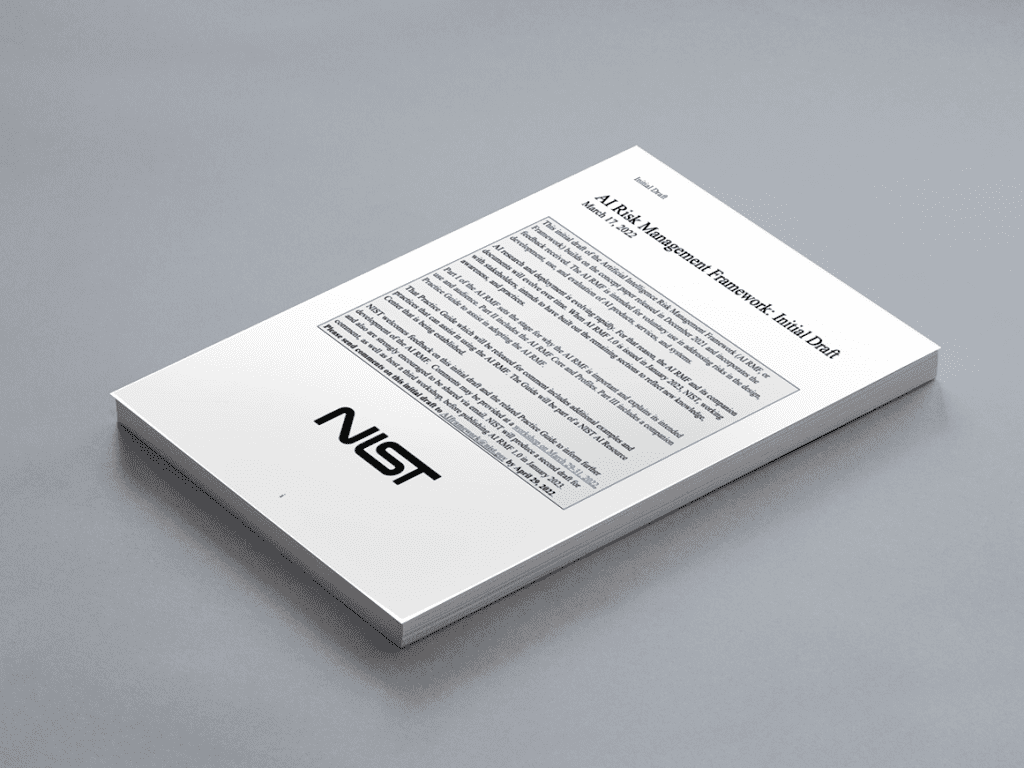
Developing possible AI rules for the US
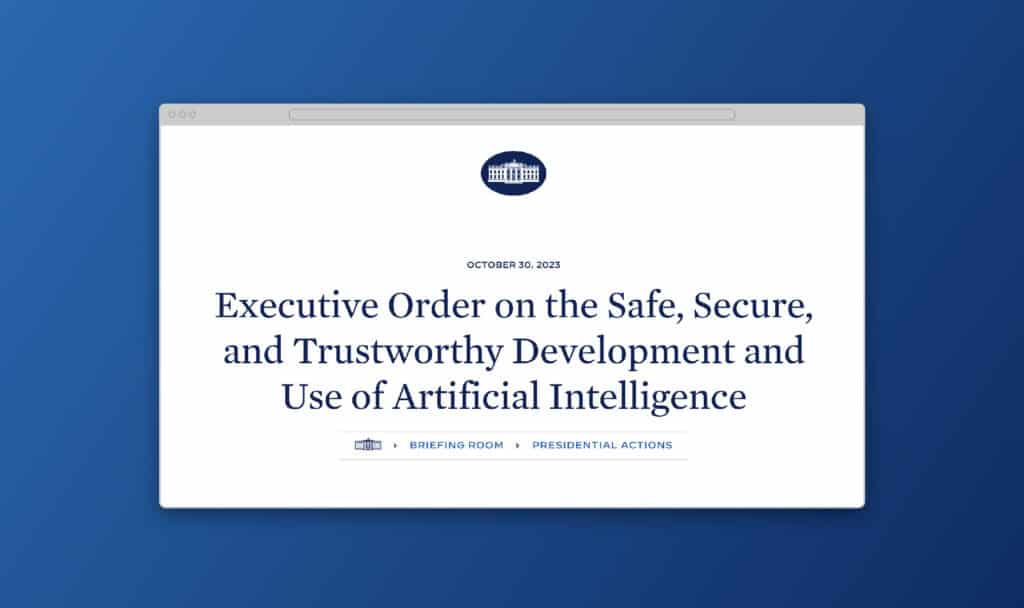
Engaging with the AI Executive Order

AI Convergence: Risks at the Intersection of AI and Nuclear, Biological and Cyber Threats

Strengthening the European AI Act

Educating about Lethal Autonomous Weapons

Global AI governance at the UN
Latest policy papers
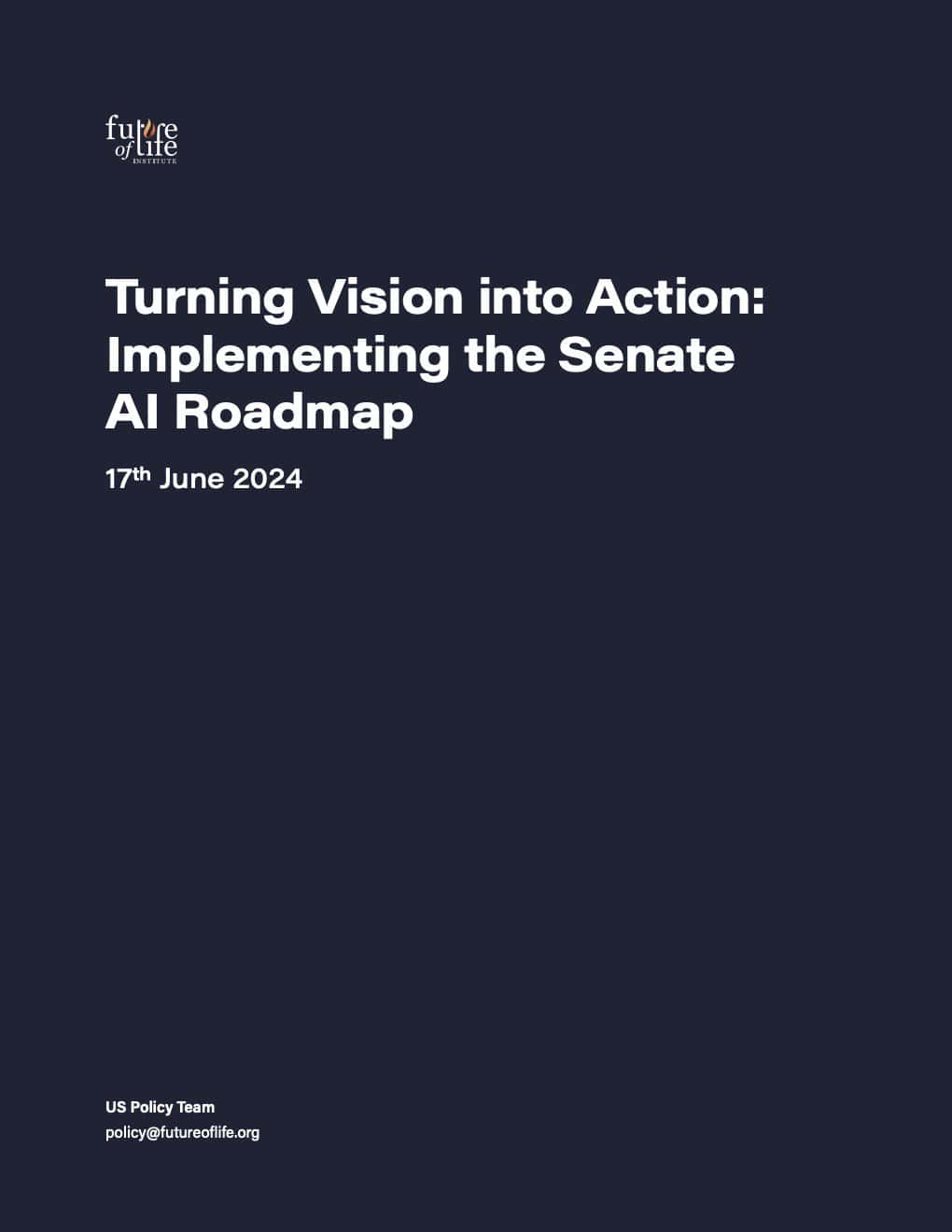
Turning Vision into Action: Implementing the Senate AI Roadmap
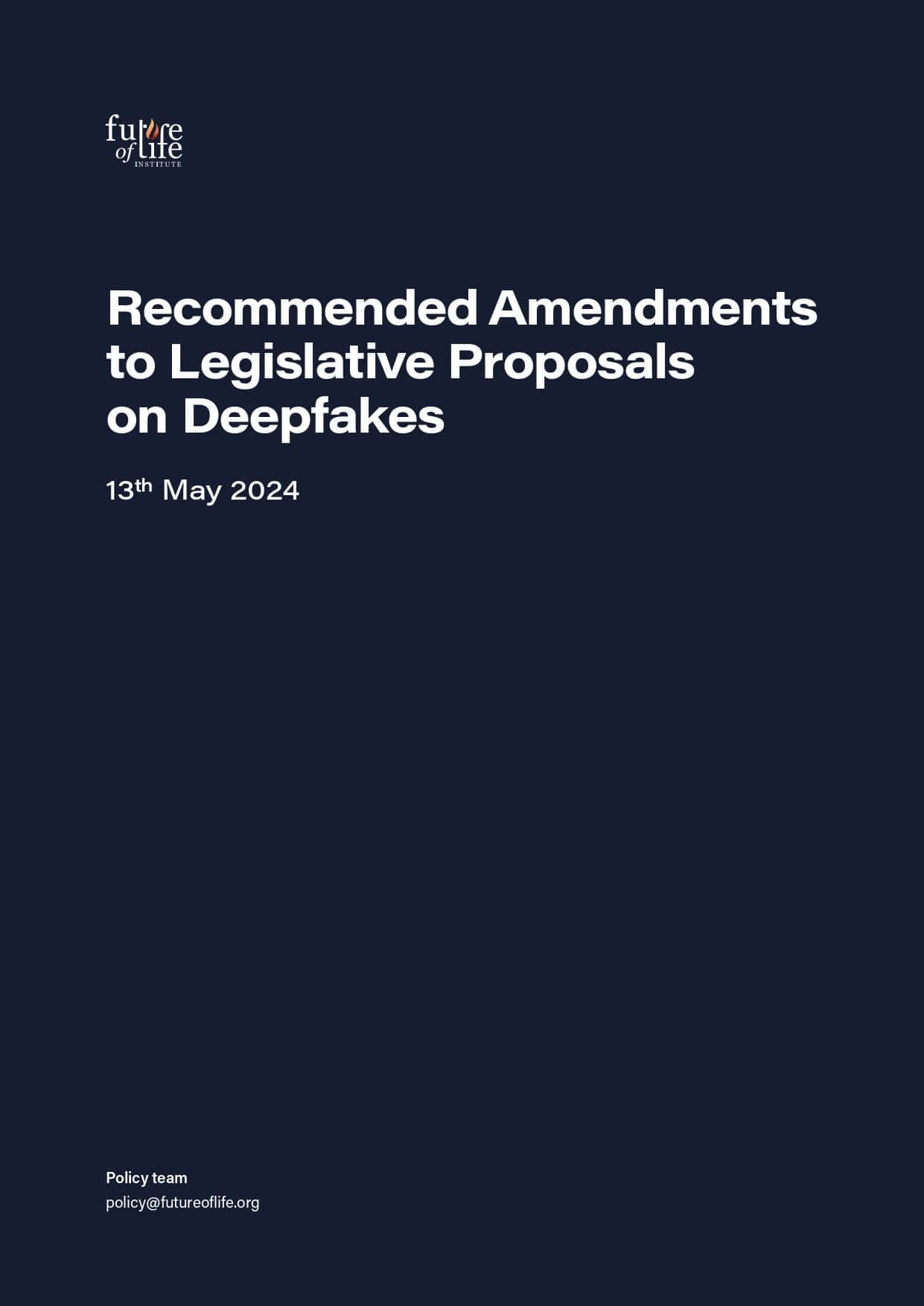
Recommended Amendments to Legislative Proposals on Deepfakes
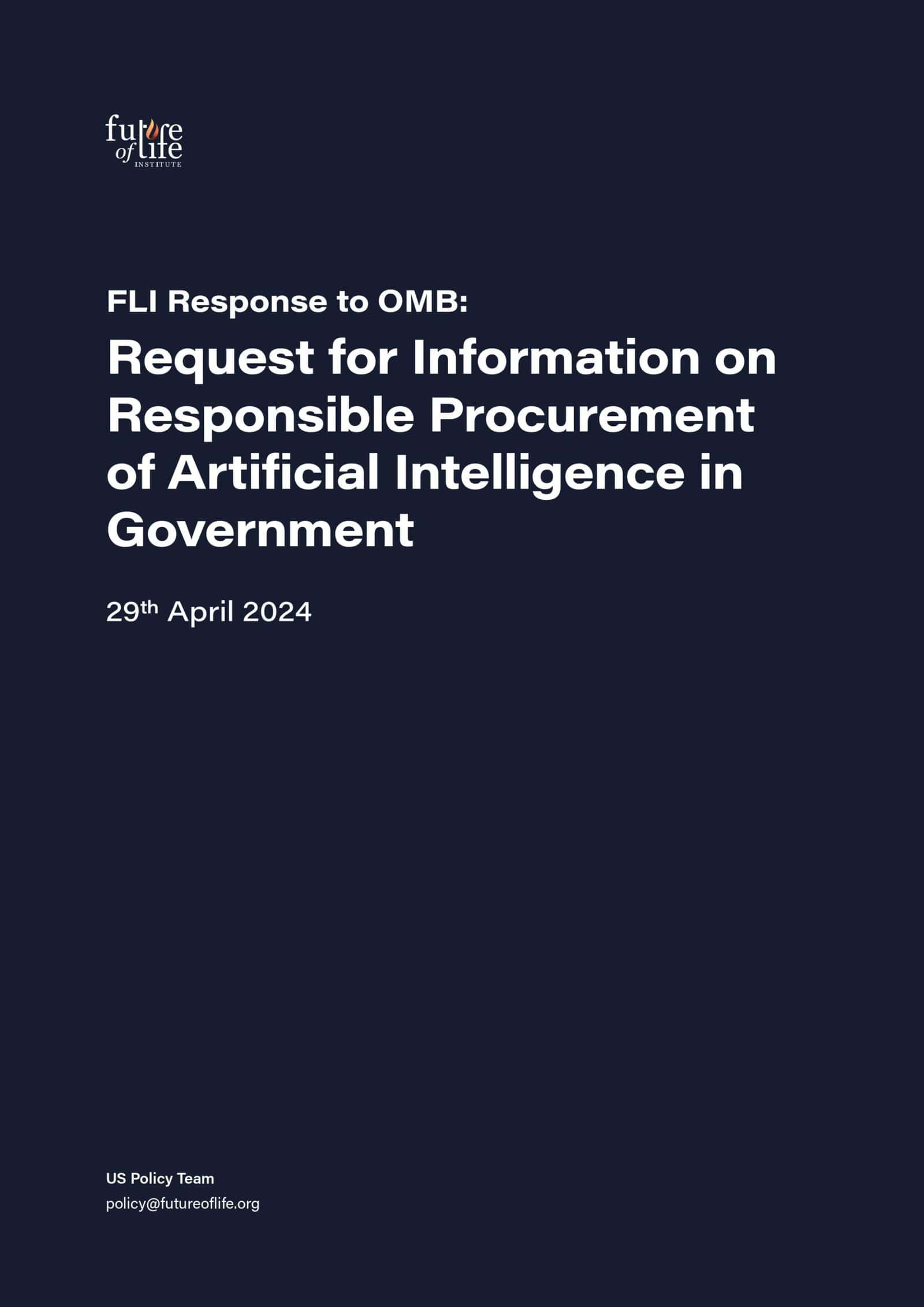
FLI Response to OMB: Request for Information on Responsible Procurement of Artificial Intelligence in Government
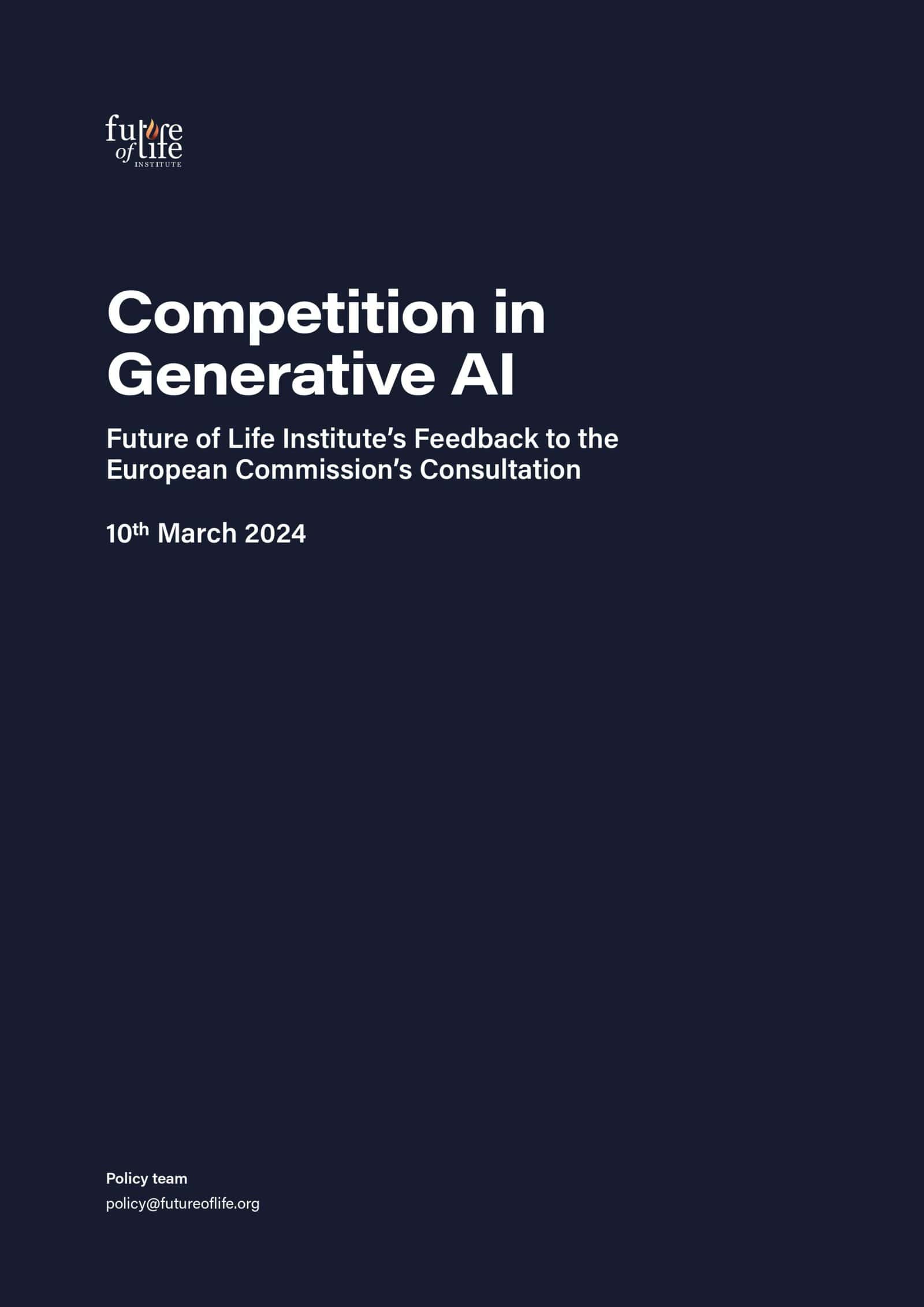
Competition in Generative AI: Future of Life Institute’s Feedback to the European Commission’s Consultation
Load more
Geographical Focus
Where you can find us

United States

European Union

United Nations
Achievements
Some of the things we have achieved

Developed the AI Asilomar Principles
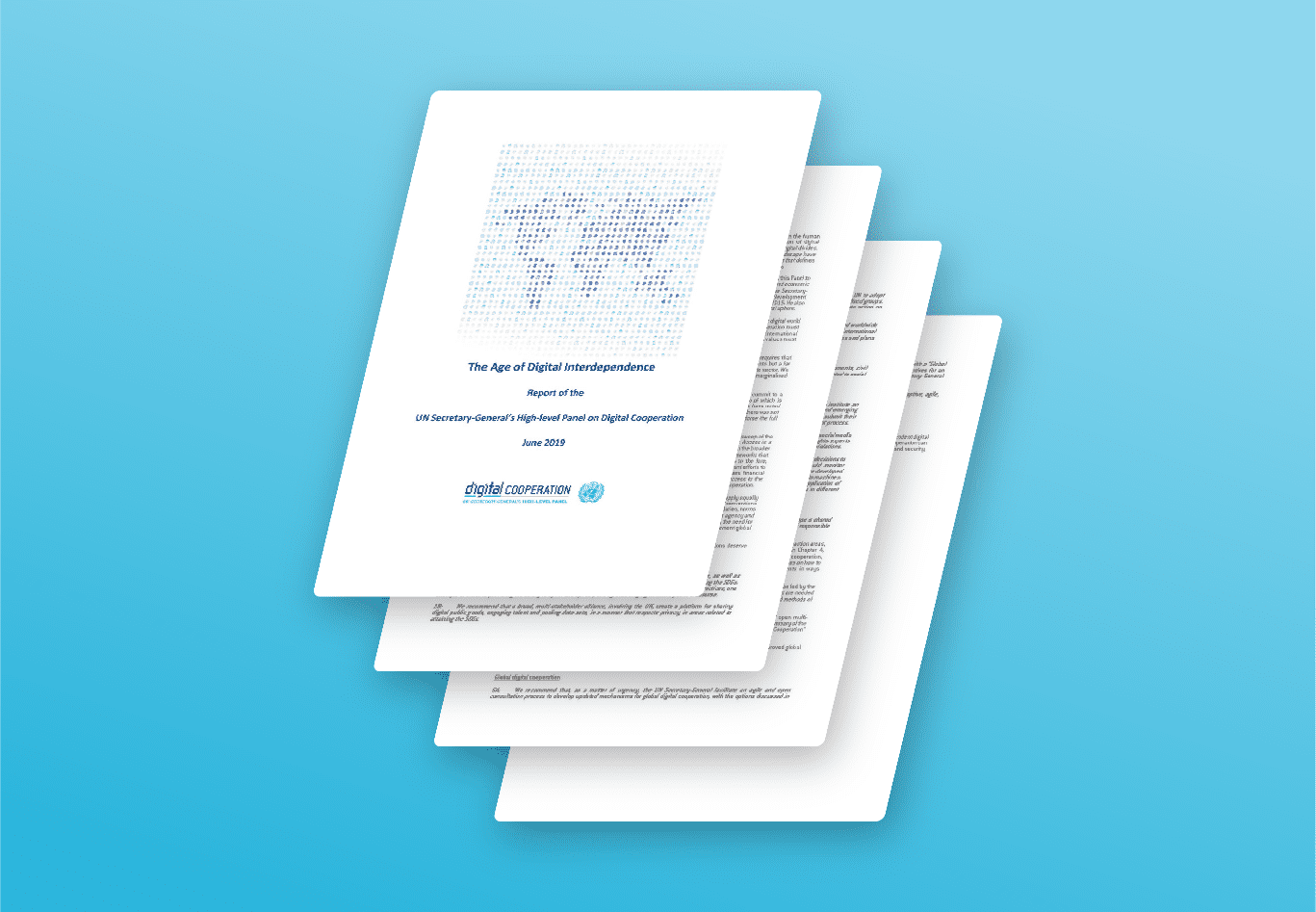
AI recommendation in the UN digital cooperation roadmap
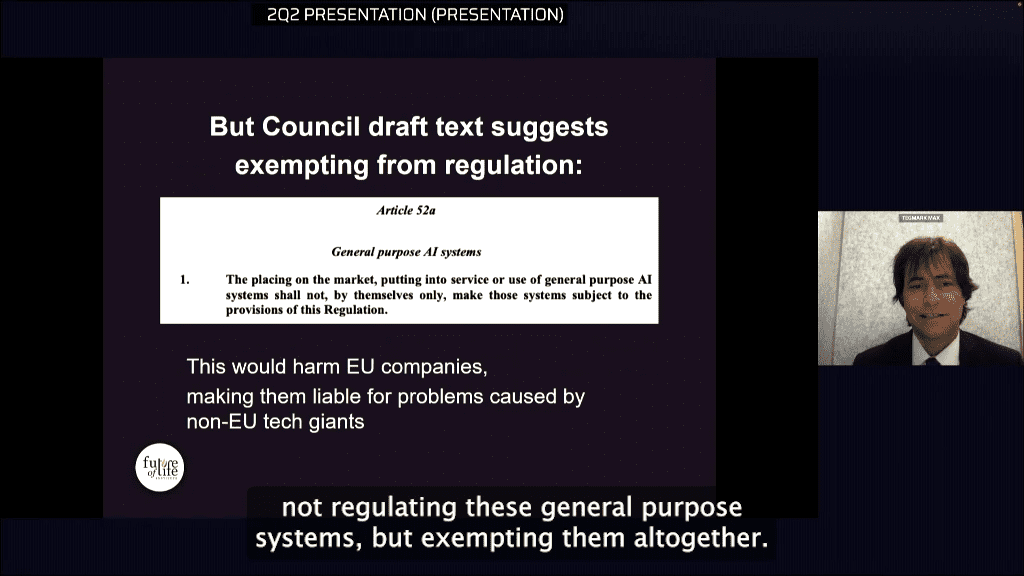
Max Tegmark's testimony to the EU parliament
Featured posts

Artist Rights Alliance, Annie Lennox Speak Out with Ban Deepfakes Campaign
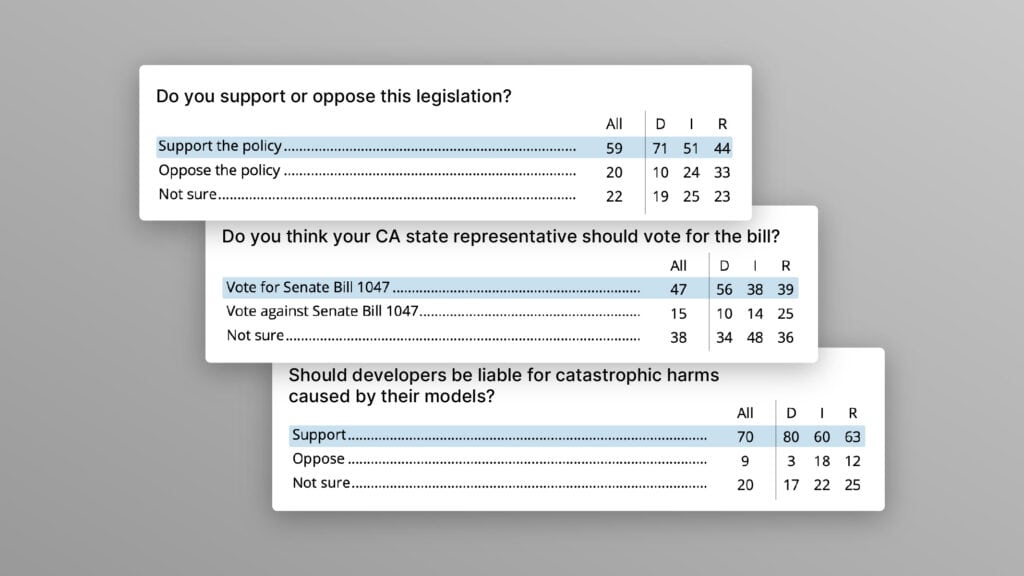
Poll Shows Broad Popularity of CA SB1047 to Regulate AI

Evaluation of Deepfakes Proposals in Congress

Disrupting the Deepfake Pipeline in Europe

Exploration of secure hardware solutions for safe AI deployment

Protect the EU AI Act

Miles Apart: Comparing key AI Act proposals
